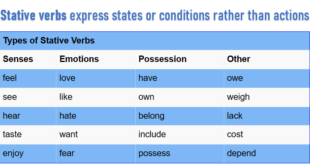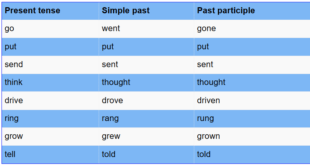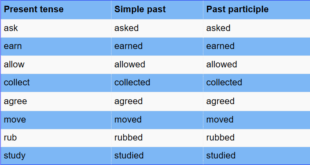![]()
Reflexive pronouns are words that we use when the subject and the object of a sentence are the same.
- Did you hurt yourself?
- I can look after myself.
- We made ourselves some coffee.
| singular | Subject pronouns | Reflexive pronouns |
| I | myself | |
| you | yourself | |
| he | himself | |
| she | herself | |
| it | itself | |
| plural | we | ourselves |
| you | yourselves | |
| they | themselves |
as a direct object
- I cut myself.
- Jane helped herself.
- We blame ourselves.
as an indirect object
- He bought himself a new hat.
- Pour yourself a cup of coffee.
- I made myself a sandwich.
as object of a preposition
- I looked at myself in the mirror.
- He usually talks to himself.
- We are cooking for ourselves.
by oneself (alone, without the help of anyone else)
- Jim lives in the house by himself.
- I started this company by myself.
When we remove reflexive pronouns, the sentence doesn’t make much sense.
- Jane helped herself. Jane helped –.
- Pour yourself a cup of coffee. Pour – a cup of coffee.
- We are cooking for ourselves. We are cooking for –.
Reflexive pronouns are used after certain verbs.
amuse, ask, behave, burn, buy, dry, encourage, enjoy, get, help, hurt, introduce, look after, make, see, take care of, talk to, teach, tell, wash, watch.
In common actions, we usually drop the pronoun.
- I dressed.
- He shaved.
- She showered.



What is testicles